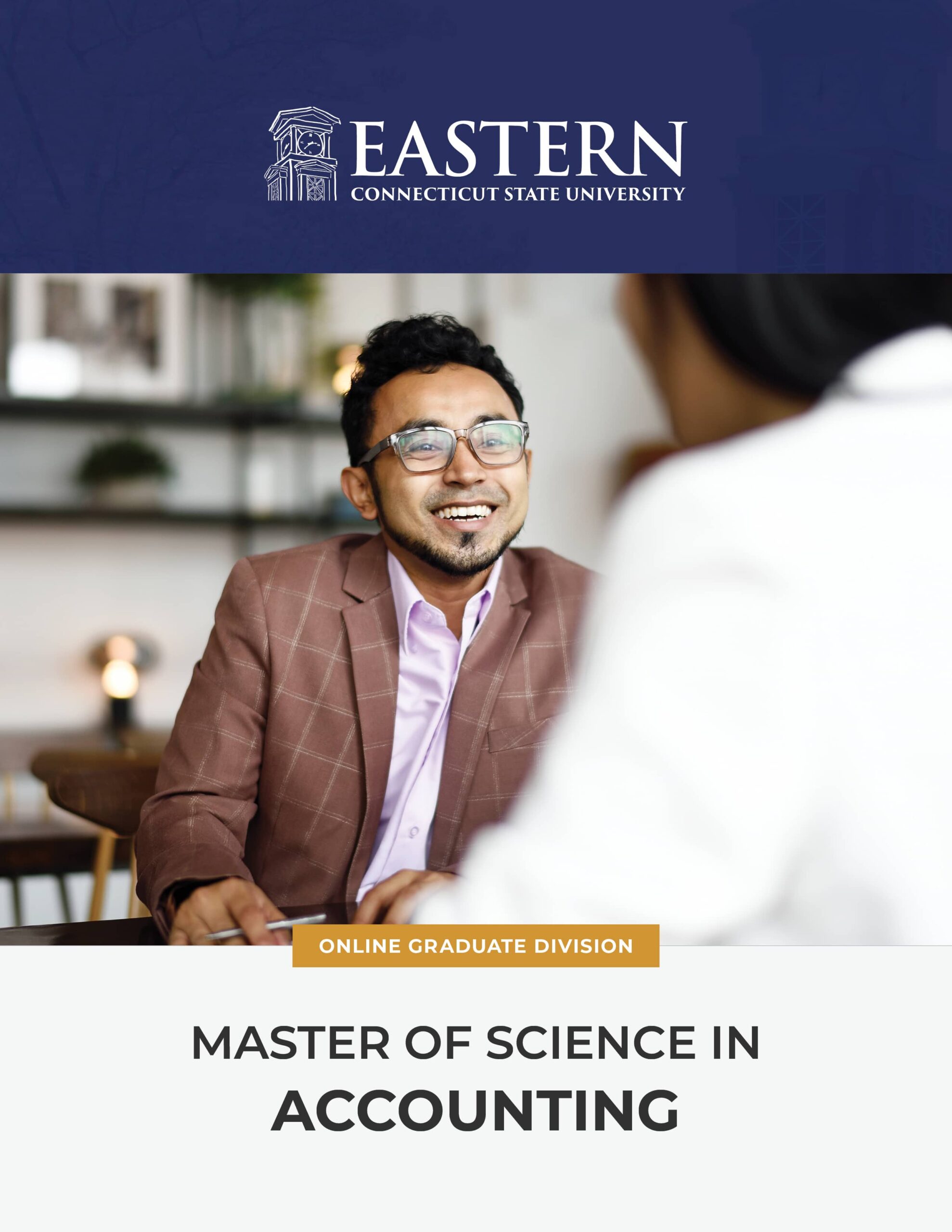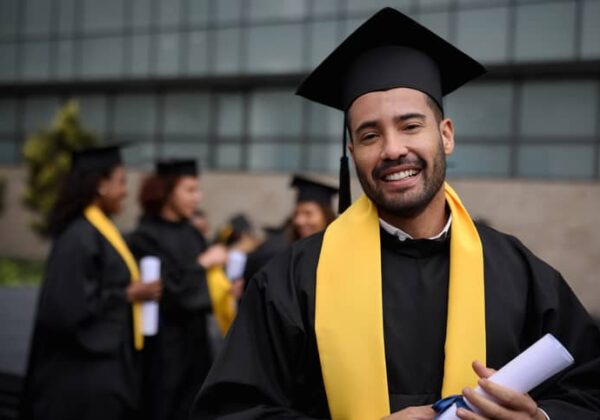Accountants play a key role in every type of business, from global companies and government agencies to small businesses and nonprofits. Every type of organization needs accountants to ensure financial reporting is done accurately in a way that meets all regulations and standards.
For those who aspire to a leadership role in accounting, a Master of Science in Accounting opens the door to several career paths. Earning a master’s degree in accounting positions graduates to qualify for leadership positions and can help them become a key advisor for executives in developing an organization’s financial strategy.
Embarking on a master’s program in accounting is a significant step towards gaining advanced knowledge and honing essential skills in the world of finance.
Why Earn a Master’s in Accounting?
The need for qualified accountants is a “steadfast necessity,” according to Fortune. It is also one in high demand. Federal government projections call for approximately 126,000 jobs in accounting and auditing every year, on average, over the next decade. As of May 2023, accountants and auditors earned a median annual salary of $79,880 per year nationwide, with the top 10% in the profession earning $137,280 and more.
Earning a master’s degree in accounting also serves as a natural bridge toward the hours needed to take the certified public accountant (CPA) exam. Most states require 150 credit hours to obtain a CPA license, which is typically 30 hours more than earned in a bachelor’s degree program. While it is not necessary to earn a master’s to gain the hours, it is a popular method for accounting professionals.
Accounting graduates can potentially work in a variety of roles and careers within the accounting field, including:
- Accounting manager
- Senior auditor
- Financial accountant
- Corporate controller
- Senior financial analyst
Accounting graduates can also serve as public accountants for publicly traded companies, management accountants who focus on internal financial documentation, and forensic accountants who work for government agencies such as the Securities and Exchange Commission. Some also can work as investment accountants, focusing on successful management of investment portfolios for companies or individuals.

Master of Science in Accounting (Online)
Elevate your expertise with Eastern’s online M.S. in Accounting: a gateway to mastering advanced accounting principles and enhancing your career prospects. Explore the program to shape your future in the accounting profession.
What Will You Learn in an M.S. in Accounting Program?
In an M.S. in Accounting program, students delve into the intricacies of financial reporting. This includes understanding and applying complex accounting standards such as Generally Accepted Accounting Principles (GAAP) and International Financial Reporting Standards (IFRS). Mastering these standards is crucial for preparing accurate and transparent financial statements, a skill highly valued by employers and crucial for informed decision-making.
While every graduate accounting program covers the fundamentals, some programs go further in helping students develop accounting leadership skills. The M.S. in Accounting program at Eastern Connecticut State University (Eastern) combines a liberal arts focused curriculum with a specialized education in accounting and core functional areas such as talent management, financial management, and strategic management. Courses focus on broadening students’ traditional accounting knowledge and providing the soft skills and knowledge to serve as valuable differentiators in the dynamic accounting job market.
Students gain an advanced functional knowledge of accounting that involves learning the concepts, theories, and practices for:
- Accounting information systems and financial reporting
- Assurance service
- Accounting for governmental and not-for-profit organizations
- International accounting and taxation
They also develop strong critical thinking that supports their efforts to identify and analyze complex technical information. Students will learn to use data analytics to extract and identify irregularities and patterns in large sets of data. The program also helps reinforce skill sets such as ethical reasoning, quantitative reasoning, and effective communication to prepare for roles within accounting or related industries.
Graduates of Eastern’s M.S. in Accounting program will understand the professional responsibilities and ethical standards of accounting that can help serve as a foundation in any accounting career path they choose to pursue post-graduation.
Explore Eastern’s Master’s in Accounting
The online M.S. in Accounting program provides graduates with the experience and education needed for success across accounting-related professions. It is designed for working professionals and includes preparation work for the CPA examination.
The program is 30-credit hours and is designed for accountants who aspire to take the next step in their career, as well as professionals who want to enter the accounting profession. Discover the difference in accounting education by exploring what Eastern’s M.S. in Accounting program can do for you.
National long-term projections may not reflect local and/or short-term economic or job conditions, and do not guarantee actual job growth. The information provided is not intended to represent a complete list of job titles, and degree program options do not guarantee career or salary outcomes. Students should conduct independent research for specific employment information.
By completing this form and clicking the button below, I consent to receiving calls, text messages and/or emails from BISK, its client institutions, and their representatives regarding educational services and programs. I understand calls and texts may be directed to the number I provide using automatic dialing technology. I understand that this consent is not required to purchase goods or services.
If you would like more information relating to how we may use your data, please review our Privacy Policy.






